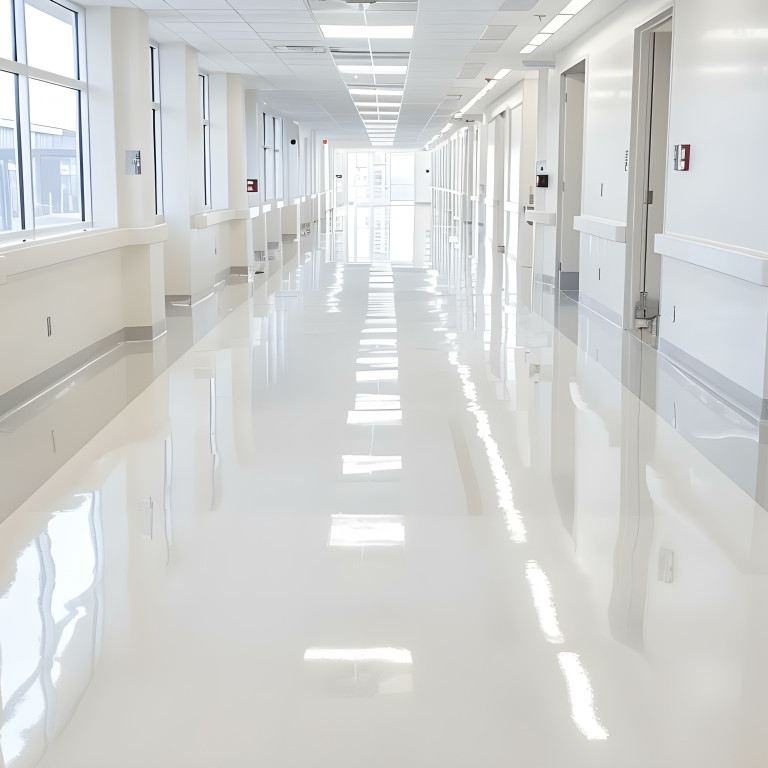999 callers in England are facing an ‘appalling’ wait time for an ambulance to arrive according to Dr Katherine Henderson, president of the Royal College of Emergency Medicine. She commented that the NHS is breaking its agreement to treat the sickest patients in a timely way and said emergency care was in a “deeper crisis than ever before”.
This escalating crisis is caused by soaring demand, staff shortages and by a shortfall in hospital and care home beds. The result of this, according to Henderson, is doctors are struggling to find space for patients when they arrive at A&E.
A survey by conducted by the Royal College of Emergency Medicine revealed 80% of clinical leads in A&E departments across the country said they hold ambulances each day of the week, a rise of 15% since December 2021. While more than half reported their longest patients stay in A&E in the last three days were over 24 hours, and a quarter said the longest patient stay was over 48 hours.
Henderson said that “There’s no clinical reason why a patient should be there, really, more than six hours. The fact that there’s anybody in the more-than-48-hour category is just unbelievably appalling.”
In February the South West had the second highest wait time for patients needing urgent care since the NHS began publishing data in 2017. The wait for category 1 calls stood at 11 minutes and 39 seconds. In Contrast, the North East had the best record in February at 6 minutes and 37 seconds.
Deputy head of health at Unison, Helga Pile, said: “The colossal demands on the ambulance service in the south-west are being mirrored across the UK. Dealing with repeated peaks of pressure with a depleted workforce is taking a huge toll.”
Similar concerns were also identified on Sunday with Shaun Lintern in the Sunday Times reporting that the deaths of “5,800 patients could have been as a result of long waits on trolleys in A&E departments” this winter. These figures were based upon research that identified 1 additional death for every 72 A&E patients who had to wait for between 8 and 12 hours for a hospital bed.
Partner and Medical Negligence specialist Simon Mansfield comments:
The issues raised by Dr Katherine Henderson in this article are really concerning and reflect a situation that seems to have been worsening for some time.
They follow on from concerns raised last November by the Royal College of Emergency Medicine that Long delays and overcrowding in A&Es “kill” and may have caused thousands of patient deaths during the pandemic.
Whilst the origins of this current crisis in emergency medicine are clearly very complex, it is vital that the government focuses not only on its post pandemic elective surgery backlog, but also how to relieve pressure on emergency care as well.
How can we help
If you or your family have suffered because of medical negligence, we’ll help you to rebuild your life for the future. Contact us today and let us help you.






